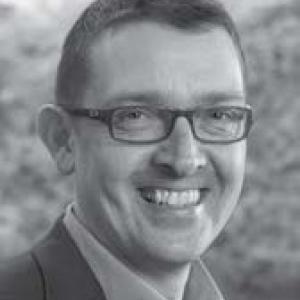Making Science Education Matter in a Damaged and Unjust World
Philip Bell is Professor and Chair of Learning Sciences & Human Development in the College of Education at the University of Washington where he holds the Shauna C. Larson Endowed Chair in Learning Sciences. His current research focuses on understanding and resourcing equity improvements in PK-12 science education. He has worked with families and communities in their home settings and neighborhoods, in classrooms and informal education programs, and across districts and national networks with teachers and educational leaders. Since 2008 he has directed the UW Institute for Science & Math Education focused on promoting equity and justice in PK-12 STEM education through partnerships between the university, community organizations, and educational institutions. Bell edits a popular collection of professional learning resources called STEM Teaching Tools. He has a background in human cognition and development, science education, computer science, and electrical engineering.
Whose interests are being served through contemporary efforts in science education? In what ways are researchers responsible for promoting equity and justice? Through this presentation I continue a conversation in our field about the multiple ways in which science education should engage in justice projects. I use this focus to explore how our work can promote a thriving world at a time of ecological crisis and social turmoil. By leveraging insights from a range of research and development efforts, I highlight how our field might go about infrastructuring specific equity and justice projects. I argue for collectively deliberating on and enacting social imaginaries for science education that center diverse sense-making; coordinate science learning directly with civic, family, and community life; and work in solidarity with the interests of communities experiencing systemic oppression and marginalization. From this stance, I call upon our community to continue exploring how we might organize ourselves and our efforts to enact science-related justice projects within and across institutions and organizations to better support thriving and just futures.

